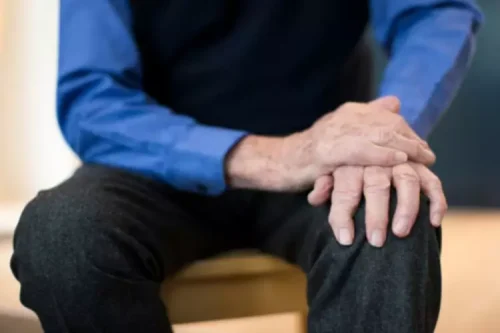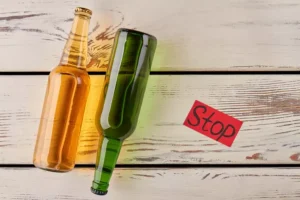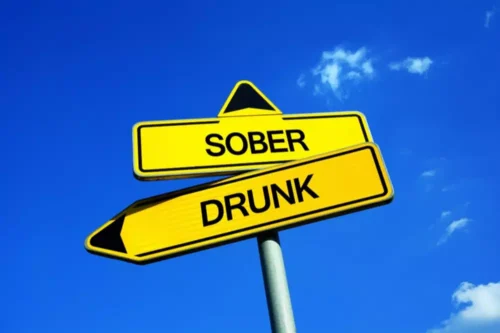
Educating yourself on alcoholism, the symptoms your loved one may experience, and the different paths to sobriety is the first step in helping them break free from their addiction. While it may be hard to see your loved one in rehab, remember that staying until completion is crucial for their recovery journey. By supporting them through inpatient alcohol and drug rehab in Washington State and reminding them of their goals and progress, you are helping increase their chances of success in overcoming addiction. Our alcohol and drug intervention services in Washington State may be an effective first step in helping your loved one start their recovery journey. Families need to seek support and guidance when dealing with addiction within the family unit. Our family education and support for addiction in Washington can help both the addicted individual and the rest of the family members heal from the effects of addiction and work towards rebuilding healthy relationships.
Schedule private therapy sessions.
For instance, your parent may act as a supportive yet firm caregiver who encourages you to take positive and thoughtful action. Your loved ones can also provide emotional support, understanding, and acceptance to help you stay motivated in recovery. Constance (Connie) Wille is a Credentialed Alcoholism and Substance Abuse Master Counselor, and has worked in the addictions field for the past 33 years with over 28 years of management experience.
Family Roles in Addiction: The Importance of Family Support in Recovery
- When a member of the family struggles with addiction, the family is in crisis and adjusts to help stabilize the unit as a whole and for each member.
- This omission acknowledges that although most providers purport to involve families in routine programming, evidence-based family approaches are not widely practiced.
- She also keeps her eyes and ears on policy decisions being made in NYS and at the Federal level in order to inform the recovery community about decisions that may impact the recovery community.
- And families themselves experience lack of resources, low confidence, and stigma-related reticence to engage with SUD systems of care (England-Kennedy & Horton, 2011).
- Your family members can also encourage you to practice healthy lifestyle habits as part of your recovery.
SAMHSA’s mission is to lead public health and service delivery efforts that promote mental health, prevent substance misuse, and provide treatments and supports to foster recovery while ensuring equitable access and better outcomes. While your family member is in treatment, they may have opportunities for you to come visit them at scheduled times. Providing your family member is open to it, take advantage of these opportunities and attempt to hold back on expressing your resentments about things that happened in the past. Express your support and pride that they are getting the help they need to break the hold the disease of addiction has on their life.

What Are the Common Family Roles in Addiction?

Family members may feel at a loss when seeing a loved one caught in the grips of substance abuse. For example, stumbling upon burnt spoons and used syringes can create paralyzing feelings of fear and shock. Spouses, children, and other loved ones are often the unintended victims of a person’s addiction and can fall into certain family roles of https://ecosoberhouse.com/ addiction. On the other hand, families can make a huge difference in their loved one’s recovery. Here you’ll learn why addiction is often called a family disease and how you can support your loved one in their recovery. These dysfunctional roles serve as coping mechanisms within the family system but ultimately hinder progress and healing.
- Communication breakdown and conflicts within the family further exacerbate the problem, as misunderstandings, blame, and lack of support create additional stress and emotional turmoil.
- Families play a crucial role, demonstrating their unwavering support not just through words but through meaningful actions.
- Drug and alcohol addiction treatment programs treat addiction at various levels of care and include different types of mental health treatment—including individual and group therapy.
- The best family support techniques for recovery emphasize the importance of creating a collaborative recovery effort, pooling strengths and resources to tackle the challenges of addiction together.
- These groups provide a supportive and understanding community where family members can share their experiences, gain knowledge about addiction, and find comfort in knowing they are not alone.
- This mindset helps maintain a positive and supportive atmosphere even during challenging times.
She was the Program Director for the After School Enrichment & Summer Discovery Day Camp at the Queens Community House (QCH) in Forest Hills, New York. Prior to working for QCH, Allison served as Legislative Director of the NYS Assembly Subcommittee on Workplace Safety under its Chair Assembly Member Rory Lancman (now, a New York City Councilman). Allison’s achievements have resulted in several honors including being named one of New York State Nonprofit News’ “40 Rising family support in addiction recovery Stars under 40” (2016) and New York State News’ “40 Rising Stars under 40” (2010). Allison holds a Bachelor of Science in Industrial and Labor Relations from Cornell University and a Masters in Social Work; Community Organization, Planning and Development from the Silberman School of Social Work at Hunter College. Unless otherwise specified, the information on our website and in our publications is in the public domain and may be reused or copied without permission.
Substance Use and Co-Occurring Mental Disorders
Recovery involves rebuilding a life— returning to wellness and becoming a functioning member of society. Every person needs a comprehensive recovery plan that addresses educational needs, job skills, social relationships, and mental and physical health. Therapy may be critical to resolving underlying problems that made escape into substance use so appealing in the first place. They also value having role models of recovery and someone to call on when the recovering self is an unsteady newborn.
Strengthen Recovery Through Family Unity at Lumina Recovery

- The important feature is that the interest avert boredom and provide rewards that outweigh the desire to return to substance use.
- Family support plays a pivotal role in addiction recovery, offering a lifeline of assistance and understanding to recovering individuals.
- However, it’s important to remember that addiction is a disease, and like any other chronic illness, it requires professional treatment and support to overcome.
- Facilitating connections within this network, through regular meetings or social gatherings, can further enhance its strength, fostering a sense of belonging and community.
